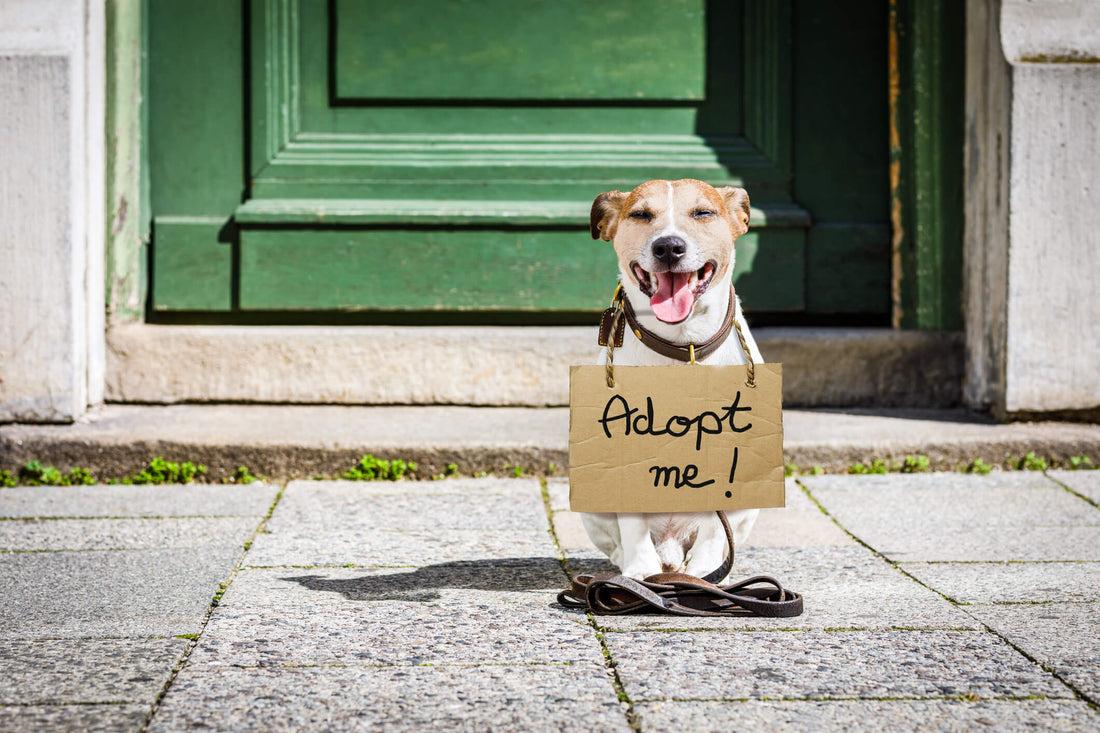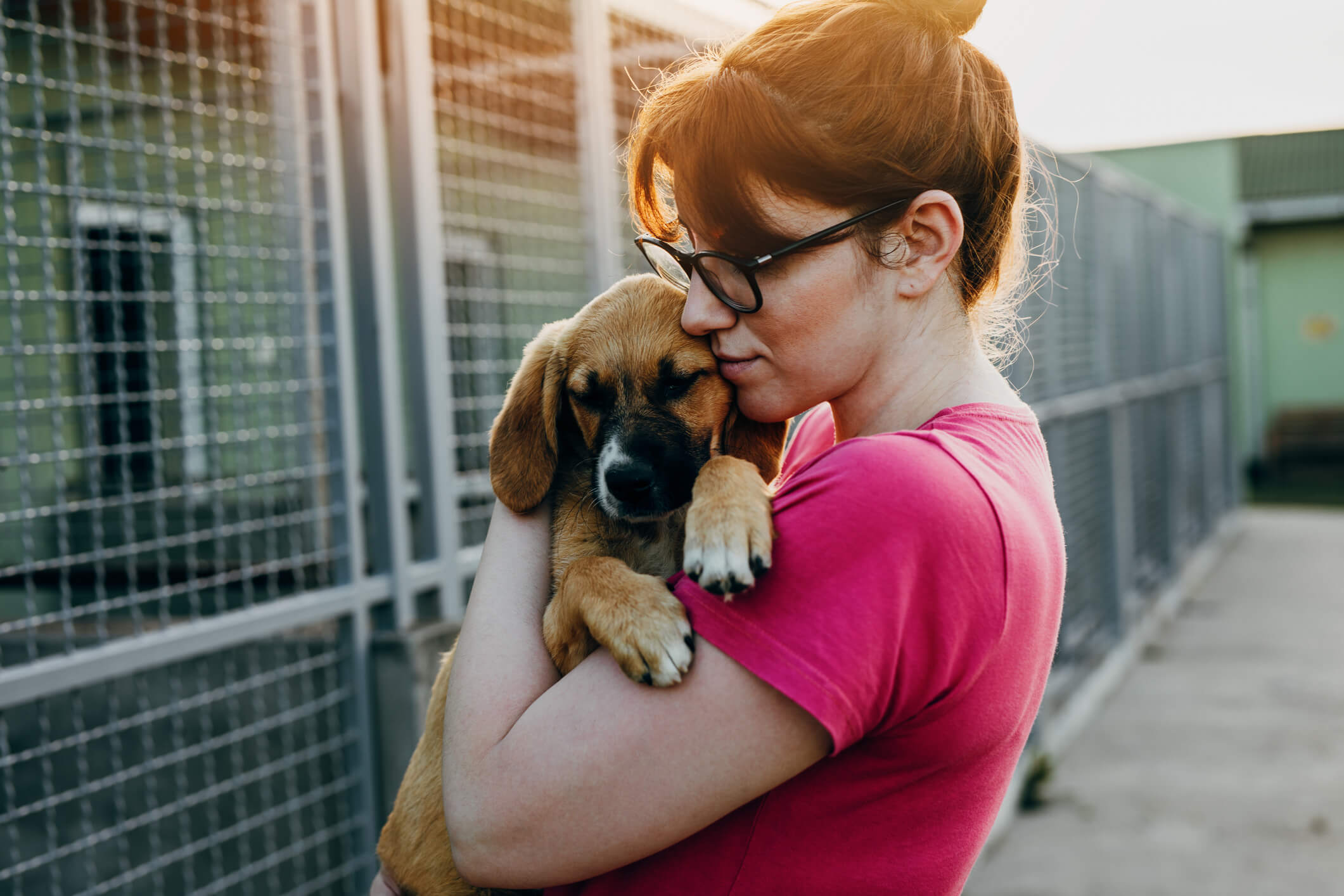
5 Things to Keep in Mind When Adopting a Rescue Pet
There’s a world of difference between adopting a pet and rescuing a pet. Adopting is often as easy as visiting a shelter and choosing the cat or dog you want to bring home. Rescuing is a much more involved process, because there’s a lot more at stake for the animal. If you choose to rescue, you’re making a commitment to create a better life for an animal that’s likely coming from a dire situation. It’s a heavy task.
If you’re interested in providing a better life for an animal that’s coming from a background of neglect or abuse, there are some things you need to know. It’s not always an easy process, and you might find yourself struggling to overcome some of the baggage that comes with your rescued pet. It’s important to prepare yourself for a more arduous adoption process—but one that’s well worth the effort. Once you forge a bond of love and trust with your rescue pet, there’s nothing in the world that can break it.

Before you reach out to a rescue agency to discuss being a foster parent or to adopt a rescue pet, here are a few important things to keep in mind.
- You’re judged on your ability to care for that pet: Rescue agencies want to be completely certain that they’re placing animals in supportive homes. That means more than just proving that you’ll treat the animal right. You’ll also need to prove your ability to train them and work through behavioral therapy as well as respond well to some of the animal’s engrained tendencies. Many agencies also want to make sure you can financially support the pet. It all comes down to finding them a forever home—not a home where they’re loved until it’s inconvenient.
- Rescue agencies have the right to say no: If an agency doesn’t think you’re up to the task of caring for a particular pet, they can refuse you for adoption. Don’t take it personally. In many cases, it just means that the animal in question needs more than you might be able to give them. This isn’t your fault—it’s a mismatch of pet and environment. Ask what you can do to improve your adoption chances and don’t be dissuaded against rescuing a pet in the future!
- The animal could come with behavioral or health issues: Rescue pets have a lot more baggage than most animals at a shelter, and you’ll need to get acclimated to it right away. This might mean taking the time to give them medicine, modifying your home to help them navigate, working through behavioral training with them and more. You’re assuming a big responsibility in rescuing a pet—make sure you’re up for it before you start working with a rescue agency.
- Rescue pets need time, energy and allowances: Don’t expect a smooth transition. Rescue pets often live with PTSD or engrained fears from their previous situation, and these things aren’t easily shed. You’ll need to be patient with your rescue pet and give them the space they need to get comfortable. Similarly, they’re probably going to do things that upset you, like mark their territory or destroy things. It’s because they’re nervous, scared or confused. Be patient and show empathy. In time and with training, they’ll come around.
- Things just might not work out: You don’t choose a rescue pet—a rescue pet chooses you. Sometimes, despite all your best efforts, the animal you want to provide a home for just doesn’t want to be there. It’s not your fault! There may be stimuli or circumstances you can’t control that make it a bad fit. The rescue agency will make sure that animal is re-homed in an environment where they can flourish. Don’t get down on yourself if it doesn’t work out. Instead, try to provide a safe, supportive, loving environment to a different rescue animal that needs it.
There are a lot of important considerations when it comes to adopting a rescue pet, but there are also immeasurable positives that come with it. For starters, you’re giving a loving, comfortable, safe home to an animal that’s never known these things before. In return, you’ll be able to see them recover and rehabilitate right before your eyes. There’s nothing quite like seeing your rescue dog’s tail wag when it’s time to go for a walk or your rescue cat’s ears perk up when they hear the can opener!
And, of course, the bond you’ll form with a rescue pet is unbreakable. Once you show these animals that you’re there for them, they’ll return your love with immense gratitude. Ask any rescue pet foster or adopter and they’ll tell you that this bond is what makes all the hard work worth it.


